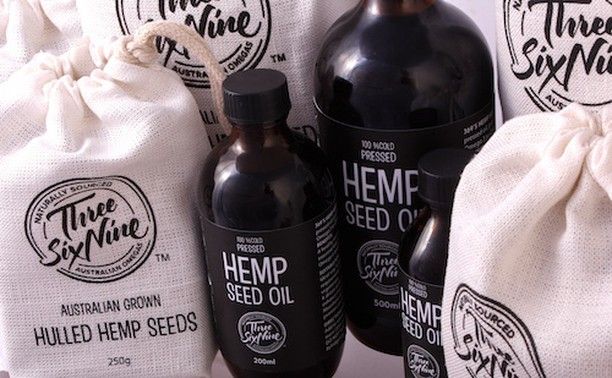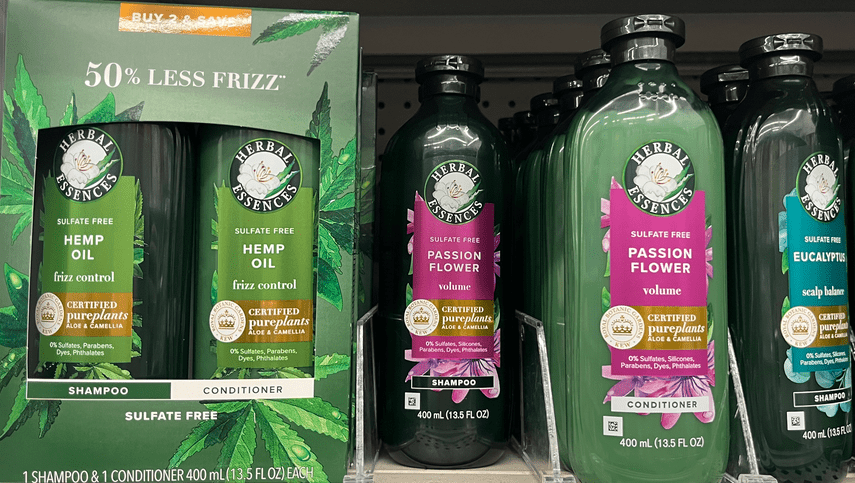Hemp seed oil shampoos continue to pop up everywhere—from national retail chains to boutique salons and, increasingly, cannabis dispensaries. This shift has many consumers wondering whether hemp seed oil shampoos sold in dispensaries are actually different from the ones available at mainstream stores. The short answer: they can be, but not always, and the differences tend to lie in formulation choices, added ingredients, branding, and consumer expectations rather than in potency.
A shared foundation: pure hemp seed oil
No matter where they’re sold, authentic hemp seed oil shampoos rely on cold-pressed oil from Cannabis sativa seeds, a nutrient-rich ingredient valued for its essential fatty acids, vitamin E, and moisturizing properties. Because hemp seed oil naturally contains no meaningful THC, it falls under standard cosmetic regulations rather than cannabis laws. Industry groups like the Personal Care Products Council and cosmetic chemists have long emphasized that hemp seed oil is a cosmetic ingredient, not a psychoactive one. This means that both dispensary and retail versions must meet the same broad safety expectations: accurate labeling, compliant ingredients, and responsible marketing.
How dispensary shampoos may differ
Where dispensary-based products stand out is typically in their added actives, branding, and lifestyle positioning:
- Cannabis-forward identity: Dispensary shampoos often embrace cannabis culture through bold packaging, strain-inspired names, or wellness-themed product lines that pair with edibles, tinctures, or topicals.
- Possible added cannabinoids: Some shampoos sold in dispensaries include CBD or broad-spectrum hemp extract in addition to hemp seed oil. Although CBD in haircare is still being researched, early studies exploring its antioxidant and anti-inflammatory potential are frequently referenced by brands seeking to offer a more “therapeutic” experience.
- Small-batch and boutique formulas: Dispensary offerings can include shorter ingredient lists, artisan fragrances, or higher percentages of botanical oils, appealing to consumers who prioritize natural or niche products.
What retail store products usually focus on
Retail beauty shelves and salon lines, on the other hand, tend to prioritize mass appeal, affordability, and everyday performance:
- Versatile haircare benefits: These formulas commonly highlight mainstream claims such as moisturizing, smoothing, volumizing, or color protection, with hemp seed oil presented as part of a broader blend.
- Retailer ingredient standards: Major retailers follow strict internal guidelines regarding allergens, preservatives, surfactants, and fragrance components. As a result, retail versions often go through more standardized testing or dermatologist-reviewed development.
- Clinical, gentle messaging: Instead of cannabis culture, retail brands lean into language around pH balance, sensitive scalp care, or clean-beauty positioning—reflecting the expectations of the average shopper.
Regulations: the same rules, different settings
While dispensaries operate under cannabis regulations for THC products, hemp seed oil shampoos remain cosmetic products, not cannabis products. This means the core regulatory requirements—safe formulation, compliant labeling, and avoidance of medical claims—apply uniformly across both retail and dispensary shelves. The difference is often more about consumer perception: shoppers may assume dispensary products are “stronger,” even though many formulas are similar or nearly identical to those sold online or in beauty retailers.
The takeaway for consumers
Ultimately, choosing the right hemp seed oil shampoo requires looking beyond where it’s sold. Ingredient lists, added botanicals, surfactants, and fragrance types will reveal more than whether the bottle came from a dispensary or big-box store. Dispensary shampoos may appeal to those seeking boutique, cannabis-inspired formulas, while retail versions often deliver consistent, dermatologist-friendly performance.


